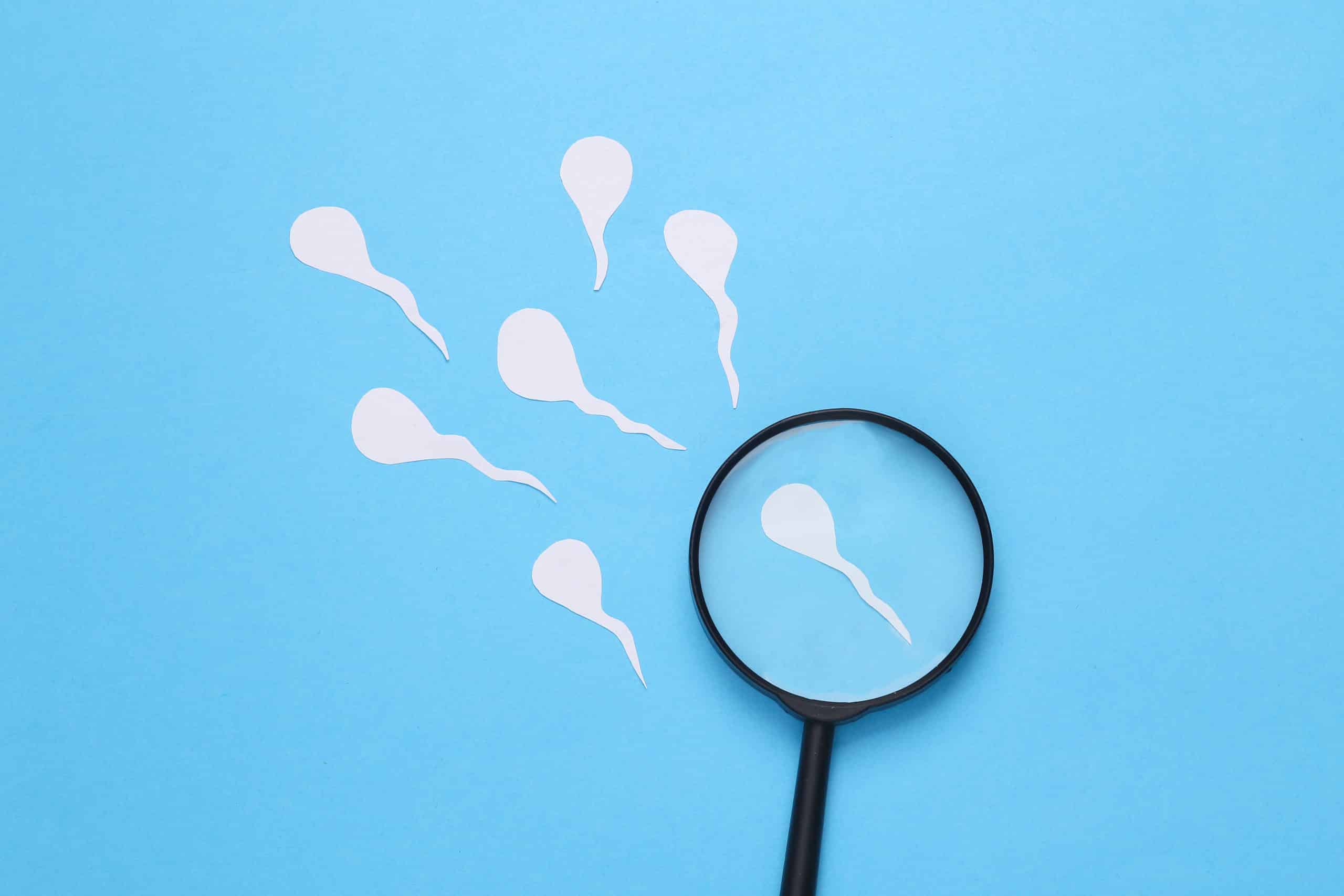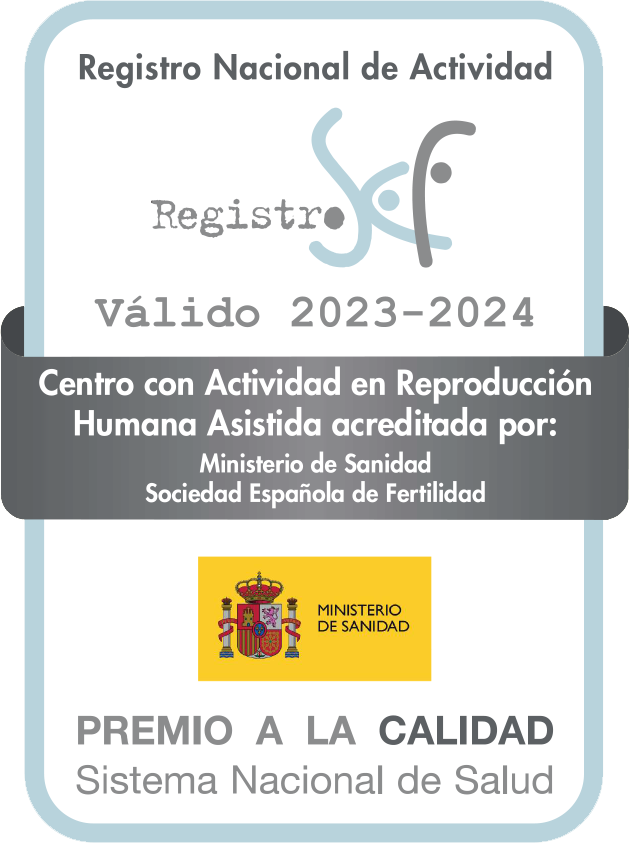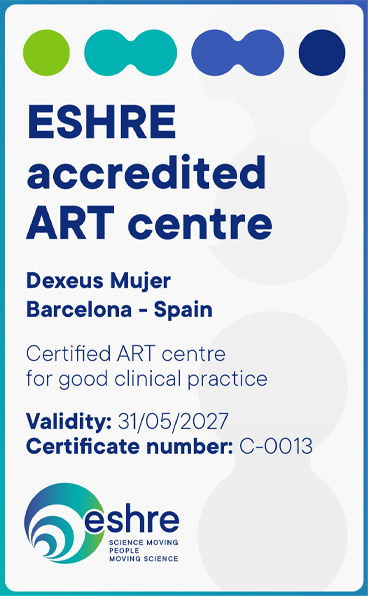Delays in the diagnosis of endometriosis has caused many women with the condition to also develop fertility problems. Therefore, if you are young and suspect that you may have endometriosis, or if you have already been diagnosed and want to be a mother, ask your gynaecologist to run the necessary tests to determine what your options are.
Dexeus Mujer set up a dedicated Endometriosis Unit over ten years ago, and the high number of visits we receive for this condition means that we have extensive experience in its diagnosis and treatment. In 2016 alone, we attended to more than 1,300 cases. In addition, since our clinic specialises in gynaecology, obstetrics and assisted reproduction, we can advise you and meet all your needs with regard to fertility problems, surgery or pregnancy monitoring. Below, Dr. Pere Barri Soldevila, head of the Endometriosis Unit at Dexeus Mujer answers some of the most frequently asked questions he gets asked about endometriosis and fertility.
- Why does endometriosis affect fertility?
Endometriosis often causes adhesions which can block the fallopian tubes. In addition, there are more complex mechanisms at play which can impair egg development and embryo implantation. - What treatments are available?
The treatment approach should be decided on an individual basis and customised to each patient’s needs. We will recommend one option or another depending on the patient’s level of discomfort, whether she wants to have children and her age. Basically, the options are: hormone therapy, surgery or assisted reproduction techniques. - How can assisted reproduction techniques help?
There are several assisted reproduction options which can increase the chances of pregnancy. Depending on the severity of the disease, previous treatment outcomes and the patient’s age, one approach may be recommended over another. - In what cases are such methods indicated?
In patients with endometriosis who are over 38 years old, or patients who have had surgery in whom we suspect that the chances of spontaneous pregnancy are low. - What is the success rate of IVF in patients with endometriosis?
It can vary considerably. It depends on the extent of disease, on the patient’s age and on the method proposed. Endometriosis can reduce the number of eggs available, but has less impact on their quality. A comprehensive examination of both partners is required to be able to provide individualised information. In patients with a low ovarian reserve whose uterus is in good condition, the success rate of approaches such as in vitro fertilisation with oocytes donation can be in excess of 50%. - Is it true that the symptoms can improve after pregnancy?
Yes: pregnancy acts as a kind of “hormone treatment” which can improve symptoms, allowing endometriosis to be controlled with simpler treatments.





